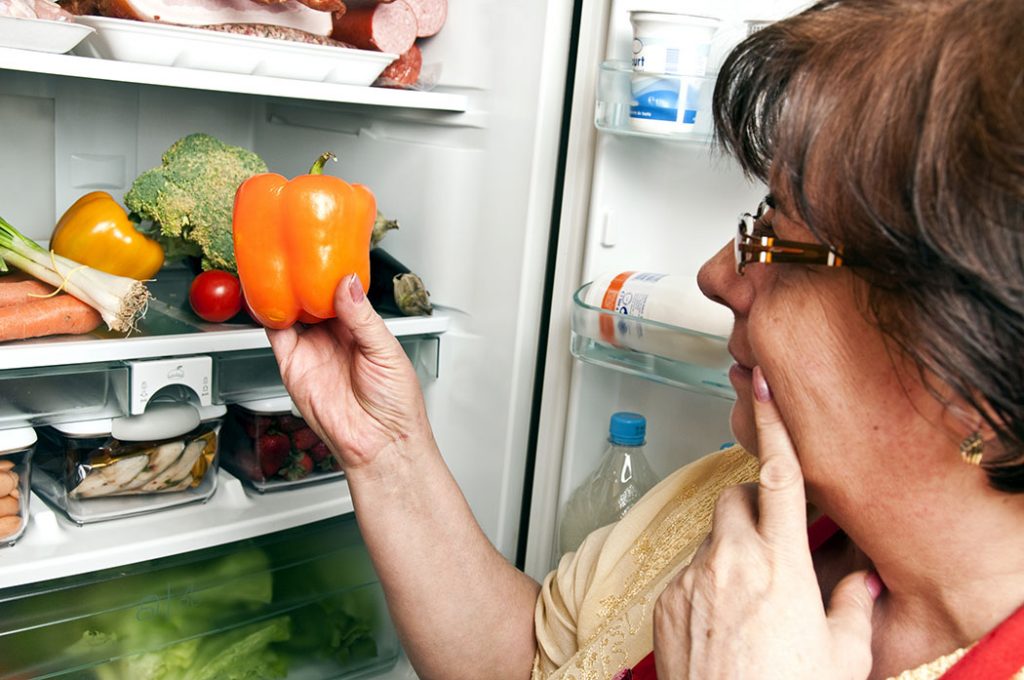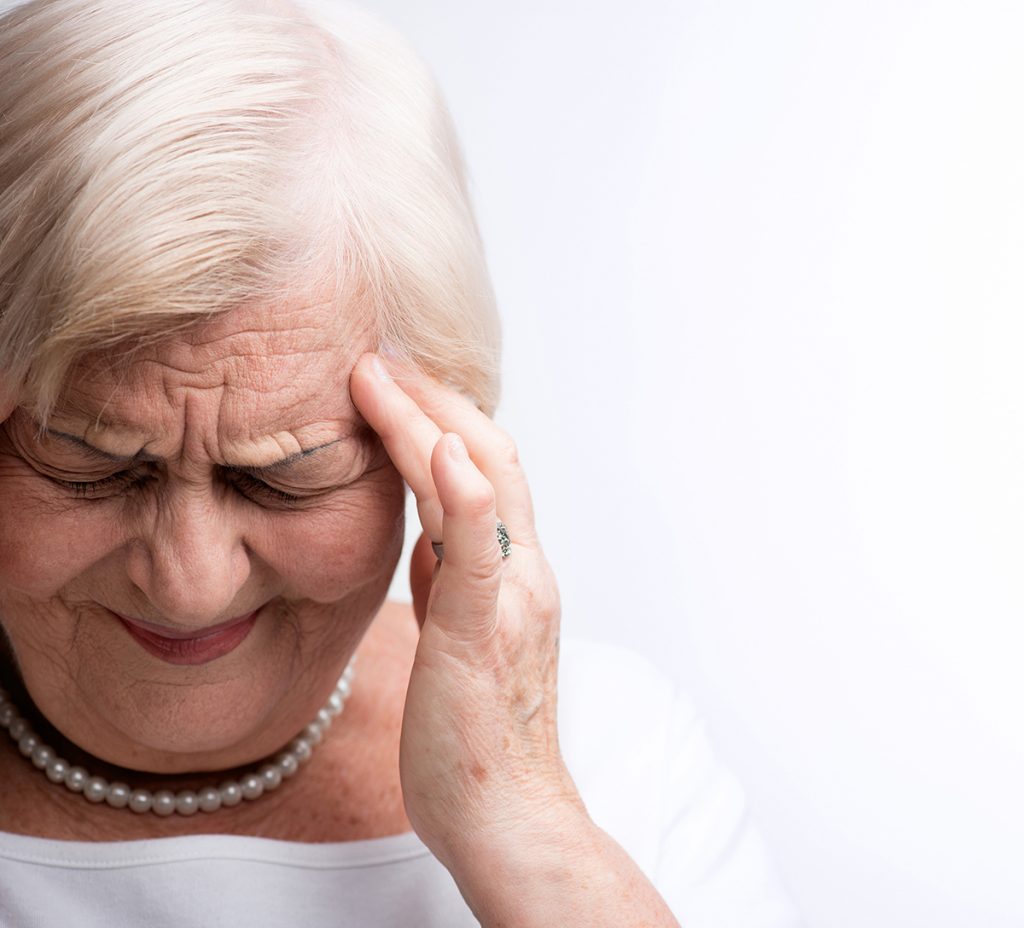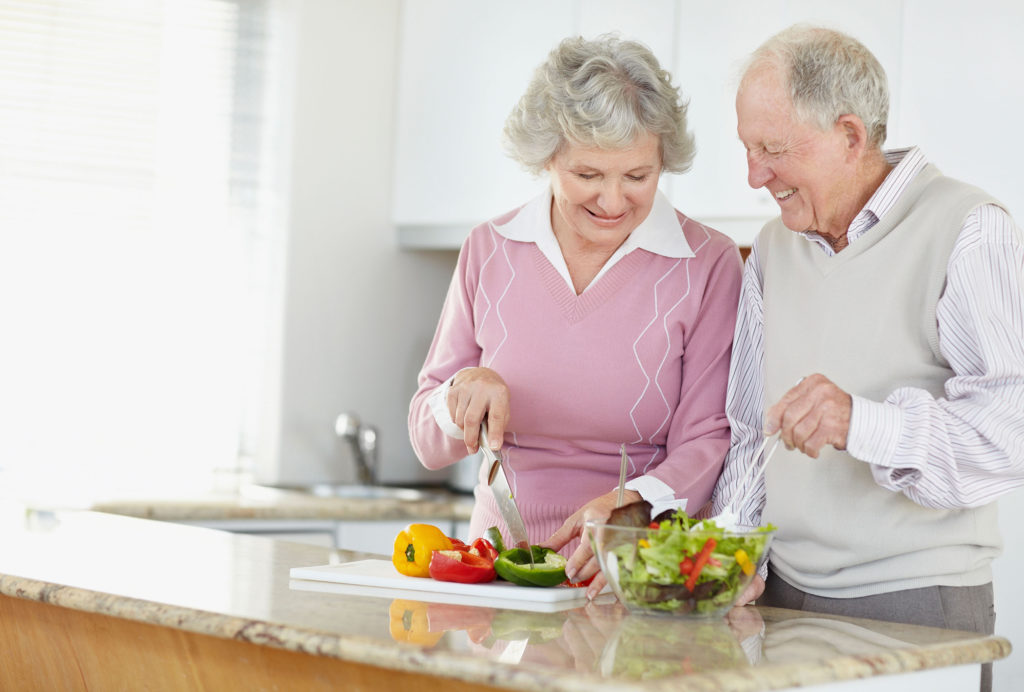September is Healthy Aging Month
Aging has frustrations. Don’t compound your aging problems by tolerating a poor memory. If you don’t have Alzheimer’s, then you can improve your memory. Avoid more problems by keeping good bone health and reducing stress in every day living.
Here are some ways to boost your memory.
- Get better organized! If you put things in their proper places, they will be there when you look for them. Car keys, for example, should go back on the key holder, the drawer, your purse or wherever you decide the proper place for them. Always put them there and they will be there when you look for them. Ditto for other objects like your purse, your hat or your glasses. Life is a lot simpler when everything is in its place!
- Work harder to pay attention and concentrate. It’s easy to forget what you’re looking for when opening the fridge. Distractions cause you to forget, not your memory.
- Eat well. You might want to take vitamin supplements. The B vitamins and D3 are best. It’s been found that blueberries and red wine boost memory in a small way.
- Exercise your body. If your doctor approves, vigorous aerobic exercise improves memory. It also helps blood circulation and improves mood.
- Exercise your brain. Play Sudoko or chess. Work crossword puzzles. Take music lessons. Memorize your grocery list.
- Get plenty of sleep. Your brain processes the day’s events while you sleep and stores them in your memory.
Worry & Stress
People who are aging may feel stressed and worried and know it affects their blood pressure, immune system and interferes with getting a good night’s sleep. But stress and worry can be managed. Exercise is one way to de-stress. Get out and move your body. Go walking with a friend. Join a tai chi class. Just the social aspect of exercising with others also helps manage stress.
You might want to try some relaxation techniques like deep breathing, visualization, yoga, music therapy. Join with others and take a yoga class, participate in a sing-along. Learn some relaxation techniques. Maybe a friend, family member or Activity Director can point you in the right direction.
Socializing with others will go a long way to help you overcome life’s normal stresses and strains.
However if you do have excessive depression symptoms, you should seek medical help. Ask AW Health Care about feelings of depression. We can help! (314) 330-7992
Get Active
Stay Healthy While Aging
Make it a habit to get outside. You don’t need to jog! Even if you just sit outside, you will benefit according to Jeremy Jacobs, MD with Hadassah Hebrew University Medical Center in Israel.
Go outside and enjoy the fresh air, particularly in nature. This has been shown to improve mood, cognition and emotional health.
Stay Active with Exercise
It’s good to keep your body moving while aging. Exercise is an important component to health aging. That includes strength-training and impact exercises. To strengthen bones, low-impact exercises like biking, swimming and dancing are very helpful.
But sometimes it is so hard to stay motivated to exercise. Here are a few tips to overcome that problem:
- Set some goals and track how you are doing by writing it down.
- Try self-monitoring of your heart rate and exertion level during exercise
- Develop a reward system for yourself when you exercise.
- Find a friend to exercise with you.
Are You Feeling the Effects of Aging? Eat Well!
Mediterranean Diet
Some nutrition experts recommend a “Mediterranean” diet because it has been shown to improve heart health, reduce inflammation and control blood sugar. What is a Mediterranean diet? The Mediterranean diet is a healthy eating plan that incorporates the flavors and cooking traditions of Greece, Italy and other countries that border the Mediterranean Sea. Meals consist of whole grains, vegetables, legumes, fruits, nuts and seeds. Olive oil is the main source of fat. Fish and seafood, dairy and poultry are included in moderation. Red meat and wine are permitted, but in moderation.
Want to Try It?
- Build meals around vegetables, beans and whole grains
- Eat fish twice a week
- Use olive oil instead of butter
- Serve fresh fruit for dessert
Avoid Bone Loss
If you’re worried about bone loss, get a bone density scan that will tell your doctor if you have bone loss, called osteoporosis. You may need to get a prescription to help restore your bone density. Otherwise, you can do weight-bearing exercise like yoga, tai chi and walking. Eat a balanced diet with five servings of fruits and vegetables and three servings of low-fat dairy products. Sometimes supplements are necessary to get enough nutrients necessary for good bone health. Calcium and Vitamin D is often recommended.
Do You Have Special Dietary Needs?
People with diabetes, heart conditions and bone/joint conditions may need help learning what foods are best and choosing proper foods. AW can help you with dietary education and meal planning. Plus our caregivers are trained to help you prepare nutritious meals and can help you clean up the kitchen! Call us (314) 726-5600.
What do centenarians have in common?
People who live to be 100 have two common traits. (1) They don’t look back at the past and have a forward-looking attitude about life, and (2) they have a good sense of humor and laugh a lot.










Comments are closed.